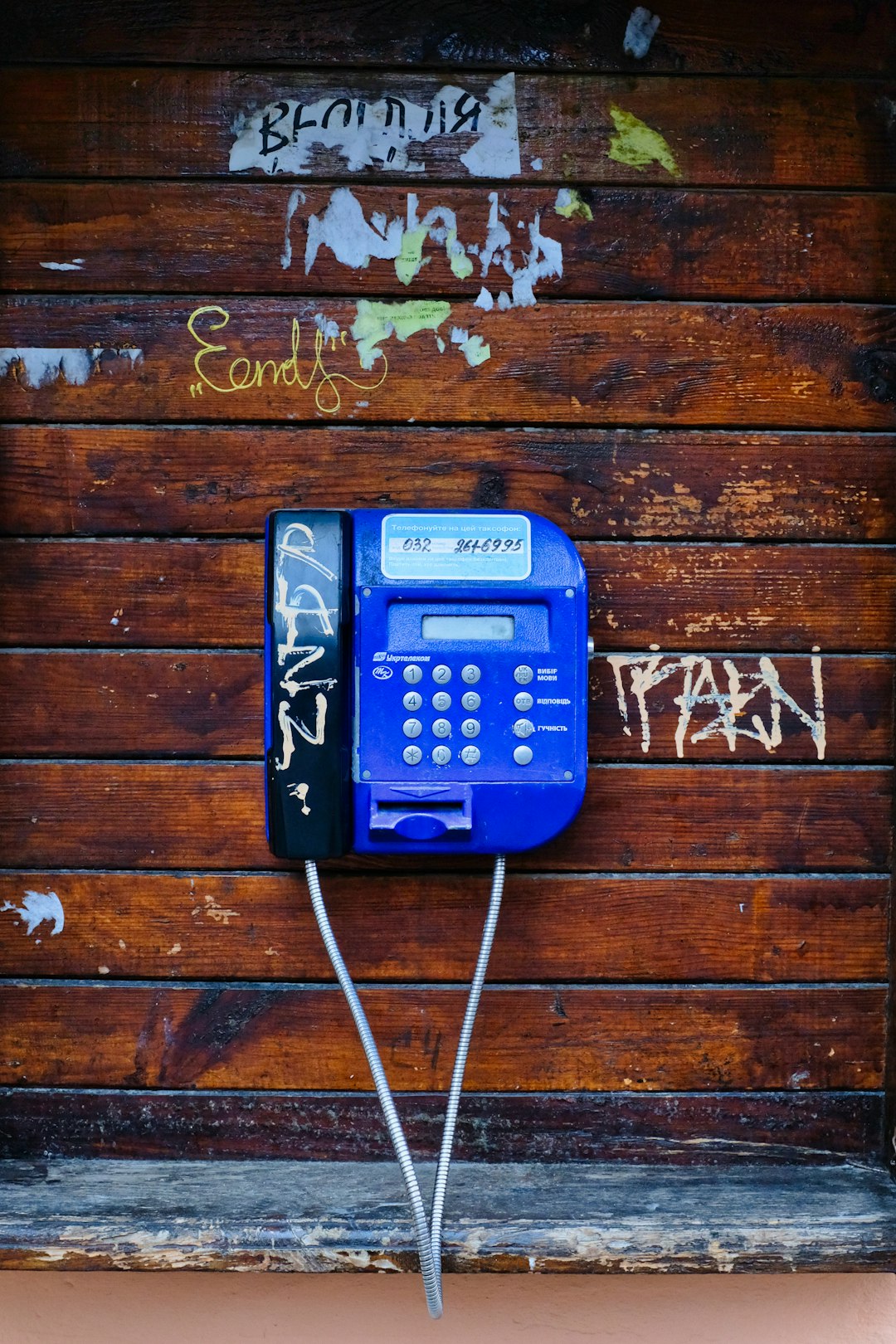Mississippi has implemented robust robocall laws to combat the rising issue of unwanted automated calls, aligning with federal regulations. These laws aim to protect residents from fraudulent activities and spam marketing by mandating explicit consent from consumers. Despite existing measures like do-not-call lists, advanced call centers pose challenges. Modern robocall blocking technology uses AI algorithms to identify and filter spam in real-time, reducing nuisance calls. Mississippi cell users can regain control over their communication channels with these advanced tools, ensuring compliance with FCC and state regulations on telemarketing.
Mississippi cell users face a growing dilemma with the surge of unwanted robocalls, impacting their daily lives. This article explores comprehensive solutions, focusing on robocall blocking technology tailored to Mississippi’s legal framework. With a deep dive into the state’s approach to robocall regulation under robocall laws Mississippi, we uncover the necessity and benefits of effective blocking solutions. Learn how these technologies work and discover considerations for Mississippi residents seeking relief from intrusive automated calls.
Understanding Robocalls and Their Impact in Mississippi

Robocalls, automated phone calls from unknown numbers, have become a pervasive issue for Mississippi cell users. While some robocalls promote legitimate services or organizations, many are fraudulent attempts to sell products, gather personal information, or even scam residents out of their hard-earned money. The impact is significant: Missisipian citizens often find themselves burdened with unwanted calls, leading to frustration and a loss of trust in communication channels.
In response, the state of Mississippi has implemented robocall laws to protect its residents. These regulations aim to mitigate the influx of spam calls by holding call centers and telemarketers accountable for obtaining explicit consent before contacting consumers. By strengthening privacy protections, these laws empower Missisipian cell users to regain control over their phone lines and reduce the overall nuisance caused by unsolicited robocalls.
Legal Framework: Mississippi's Approach to Robocall Regulation

Mississippi has implemented specific robocall laws to protect its cell phone users from unwanted automated calls, often referred to as robocalls. The state’s approach to regulating robocalls is in line with federal regulations, ensuring a comprehensive strategy to mitigate this growing concern. These laws empower residents to take action against persistent robocallers and provide legal avenues for accountability.
The Telephone Consumer Protection Act (TCPA), a federal law, serves as the cornerstone of Mississippi’s robocall regulation. It restricts the use of automated dialing systems and prerecorded messages without prior express consent from recipients. Mississippi’s implementation of this law includes strict penalties for violators, ensuring that businesses and callers adhere to the rules designed to safeguard residents’ privacy and peace of mind.
The Need for Effective Robocall Blocking Solutions

In today’s digital era, Mississippi cell users face a persistent and growing challenge in the form of unwanted robocalls. These automated phone calls, often carrying marketing messages or fraudulent schemes, have become a nuisance and even pose significant safety risks. With the absence of robust robocall blocking solutions, many residents are left vulnerable to these incessant intrusions. The robocall laws in Mississippi recognize this problem and aim to protect consumers by limiting certain types of automated calls, but effective enforcement and comprehensive blocking remain essential.
The need for advanced blocking systems is evident as traditional methods often fall short. Users have taken matters into their own hands with do-not-call lists, but these are not foolproof against sophisticated call centers and new technologies. An ideal solution should offer dynamic filtering capabilities, leveraging artificial intelligence to adapt to evolving patterns of spam calls. By implementing such measures, Mississippi cell users can regain control over their communication channels and experience a significant reduction in robocalls.
How Robocall Blocking Technology Works

Robocall blocking technology operates on a sophisticated system that identifies and filters out automated phone calls, commonly known as robocalls, before they reach your Mississippi cell phone. This process leverages advanced algorithms and machine learning to analyze call patterns, content, and metadata in real-time. By comparing these attributes against established databases of known spammer numbers, the technology can accurately discern legitimate calls from unwanted robocalls.
The effectiveness of this solution is further enhanced by regular updates to the blocking algorithms, ensuring that new tactics employed by spammers are swiftly identified and neutralized. Moreover, Mississippi’s specific robocall laws play a crucial role in empowering users with legal recourse against intrusive automated calls. These laws provide a framework for consumers to report nuisance calls, which helps improve the accuracy of blocking systems over time.
Benefits and Considerations for Mississippi Cell Users

Mississippi cell users now have access to powerful tools in their fight against unwanted robocalls, thanks to evolving technologies and legislative efforts. Implementing a robust robocall blocking solution offers numerous advantages for residents navigating the complex landscape of telemarketing regulations in Mississippi. One of the primary benefits is the significant reduction in nuisance calls, providing users with greater control over their communication experiences.
When considering a robocall blocking service, Mississippi residents should explore options that align with state laws and ensure compliance. The Federal Communications Commission (FCC) and state-specific regulations govern telemarketing practices, including restrictions on automated calls without prior consent. Users should look for solutions that dynamically update blocking rules based on these legal frameworks, ensuring a secure and effective filtering system. Additionally, considering features like customizable call screening and whitelisting options can enhance the overall user experience, allowing individuals to manage their communication preferences with precision.






